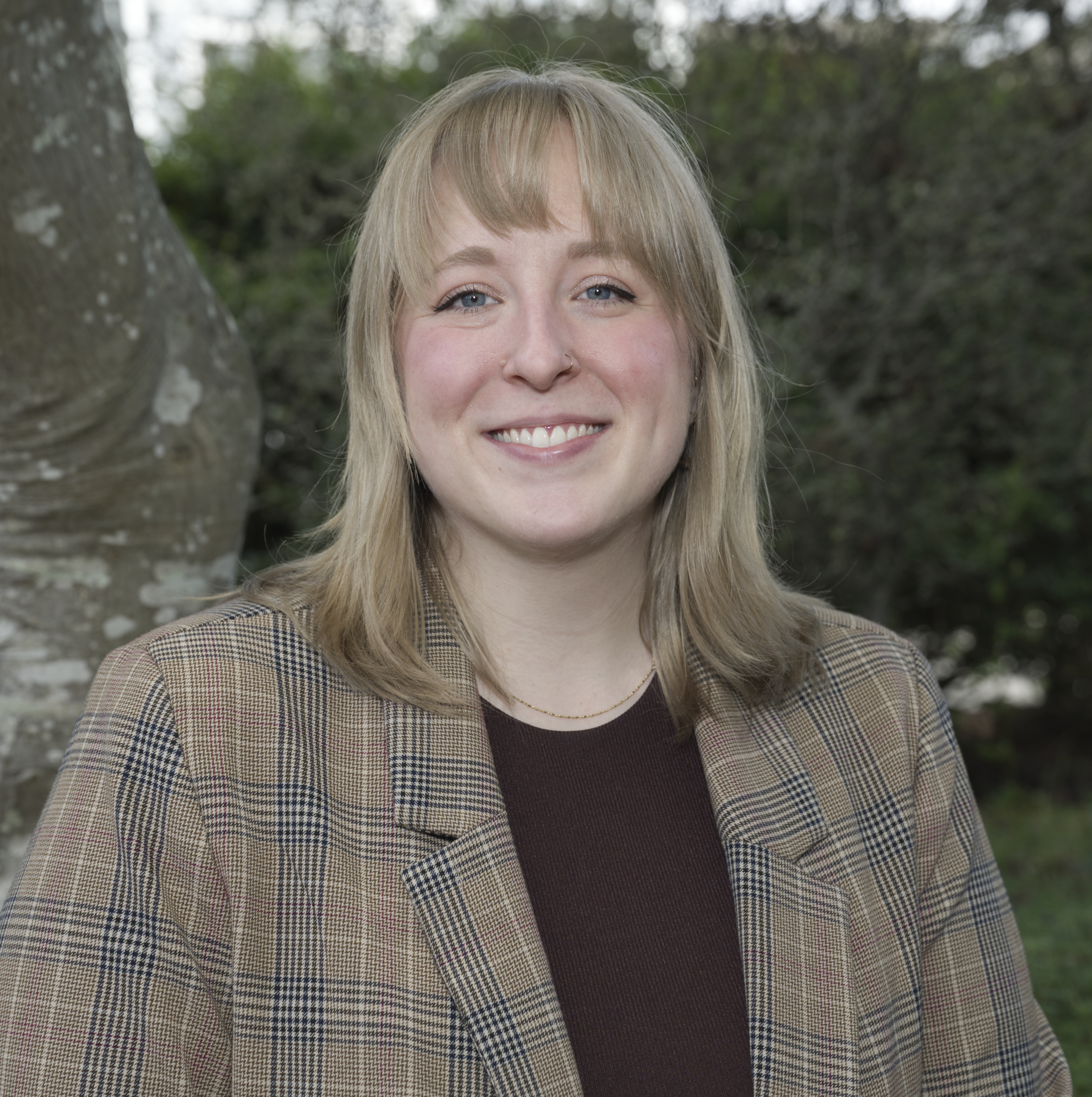
The art and science of OT

Like many people, Assistant Teaching Professor Lauren Butler didn’t know much about occupational therapy (OT) when she was exploring career options during her undergraduate studies. She knew she was interested in healthcare, wanted to work with people, and hoped to find a role where she could be creative. While she considered several healthcare careers, none felt quite right. It wasn’t until a family friend, who happened to be an OT, invited her to shadow a session that everything clicked. After seeing OT up close, Lauren fell in love with the field.
Having grown up in the area and completed her undergraduate degree at the University of Washington, she knew she loved the Pacific Northwest and was thrilled to be able to pursue her Master of Occupational Therapy (MOT) at the UW. Upon graduation, she worked in her area of specialization, pediatric OT. About a year ago, the opportunity arose for her to join many of her former instructors as a teacher. With her recent experience in both school and clinical practice, Lauren is passionate about helping students bridge the gap between academic learning and clinical application, ensuring they are prepared to make a difference upon graduation.
The most important skill students need, she explains, “is to be adaptable and flexible, both with their own clients, and in a really dynamic and ever-changing healthcare system.” A critical component of that adaptability is trauma-informed care, which has become a growing concern in OT practice in recent years. The MOT program is working to instill this approach in its students. At its core, trauma-informed care involves empathy, listening skills, and attention to the social and emotional needs of OT clients. It can be challenging to teach, but Lauren illustrates these concepts by sharing her own clinical experiences, inviting guest speakers to offer diverse perspectives, and leaving time for her students to explore the nuances of each case.
"It’s really about creating space to dive into things and discuss why we’re making this decision at this time for this person and their life.”
“People often say that OT is really an art and a science,” Lauren explains. “There’s not often one perfect answer in a scenario. It’s really about creating space to dive into things and discuss why we’re making this decision at this time for this person and their life.”
While she teaches her students to bring flexibility, nuance, and creativity to their work with clients, she also encourages them to apply those same qualities to their careers. In her clinical work, Lauren has seen more therapists start private practices or work in non-traditional healthcare settings. At the same time, many healthcare and community environments could benefit from the unique perspectives that OTs offer. As an educator, Lauren aims to prepare her students to advocate for themselves within the profession and pursue opportunities in these emerging areas of practice.
For example, in pediatric OT, Lauren sees that many families who could benefit from services are facing long waitlists. Meanwhile, more children are receiving diagnoses of Autism, ADHD, and sensory processing disorder, which can be supported through OT. There are many ways that OTs can collaborate with these populations, and Lauren is excited to see OTs developing innovative service models and new ways of engaging in the community. To help students learn more about all the opportunities available to them, Lauren is working to increase the number of organizations and individual clinicians in the community that students can partner with during their education. Lauren also aims to increase the representation of individuals with lived experiences in the curriculum, and to emphasize a neurodiversity-affirming approach to therapy with all populations.
As the Division of Occupational Therapy celebrates its 65th anniversary and looks to the future, Lauren is excited about the direction of both the division and the profession. The division is working to provide the highest quality training to students, and better connecting them to exciting opportunities within Seattle’s healthcare ecosystem. As more about more people come to understand the value of OT, and occupational therapists embrace new opportunities, the future is bright.
